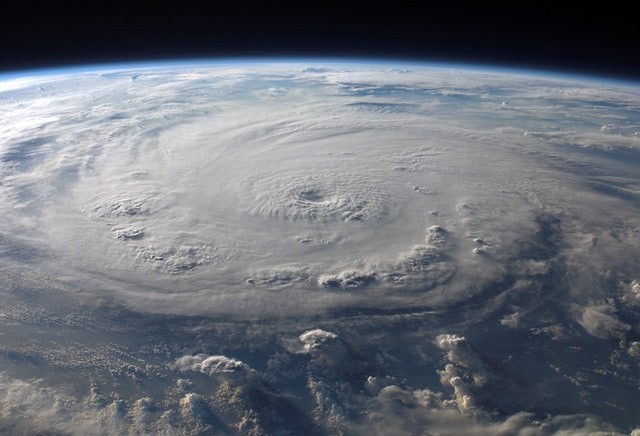Researchers at the University of Irvine, California, and other institutions say future climate change may cause a regionally significant and irregular shift of the entire tropical rain belt.
This is the narrow belt or band of heavy precipitation situated close to the equator. This development may have a profound impact on the food security of billions of individuals around the world.

Not All Parts of the Tropics Will Be Affected, Scientists Say
According to a study published today in Nature Climate Change, the interdisciplinary team of Earth system scientists, environmental engineers, and data science specialists emphasized that not every part of the tropics will be equally affected.
For instance, in parts of the Eastern Hemisphere, the rain belt will move north but in regions in the Western Hemisphere, the rain belt will move south.
The study stipulates that if there is a northward shift in the tropical rain belt over the Indian Ocean and eastern Africa, it will increase drought in Madagascar and southeastern Africa.
This will be in addition to escalated flooding in southern India.
On the other hand, if the rain belt creeps southward over the Atlantic Ocean and the eastern Pacific Ocean, it will result in tremendous drought stress in Central America.
Lead author and postdoctoral fellow in the Department of Atmospheric Science at Colorado State University, Antonios Mamalakis, stated that the research of the interdisciplinary team indicates that climate change may cause the position of the Earth's tropical rain belt to move considerably in opposite directions in 2 longitudinal sectors.
These sectors cover nearly 2/3 of the globe, and it is a process that will cascade consequences on food production and the availability of water globally.
The interdisciplinary research team conducted this assessment via the examination of computer simulations from 27 innovative climate models.
It measured the response of the tropical belt to future scenarios in which greenhouse gas emissions keep rising through the end of the current century.
Mamalakis who is a recent recipient of a Ph.D. in Civil Environmental Engineering in the Henry Samueli School of Engineering at UCI, said that this sweeping shift observed in his work was concealed in previous modeling studies that provided a worldwide average of the overall influence of climate change on the tropical rain belt.
His team could only figure out and accentuate the drastic alterations to be expected in future decades when they isolated the Western and Eastern Hemisphere zones' response.

Greenhouse Gas Emissions Play a Role
James Randerson, a co-author and UCI's Ralph J. & Carol M. Cicerone Chair in Earth System Science, states that climate change can significantly cause the atmosphere to heat up substantially by different amounts over the North Atlantic Ocean and Asia.
According to the co-author, glacier melting in the Himalayas and projected reductions in aerosol emissions in Asia, as well as a significant loss of snow cover in northern areas caused by climate change, will push the atmosphere to heat up much faster than in other areas.
He added that the research team knows and understands that the rain belt shifts toward this particular heating, and the northward movements within the Eastern Hemisphere are highly consistent with the expected impacts of climate change.
The Earth system is incredibly complex, with feedback loops and dependencies across many scales and processes.
This particular study combines climate science and data analytics with the engineering approach of the system's thinking in order to bring to light previously unrecognized and subtle manifestations of global warming on extremes.
All that is left now is an accurate translation of these significant changes to impacts on the ground.
This refers to droughts, flooding, changes in the ecosystem, and infrastructure in order to structure management, policy, and adaptation.
RELATED ARTICLES : Climate Change Adaptation: Setting New Rules To End 'Throwaway' Culture
For more news, updates about climate change and related stories, don't forget to follow Nature World News!
© 2025 NatureWorldNews.com All rights reserved. Do not reproduce without permission.





